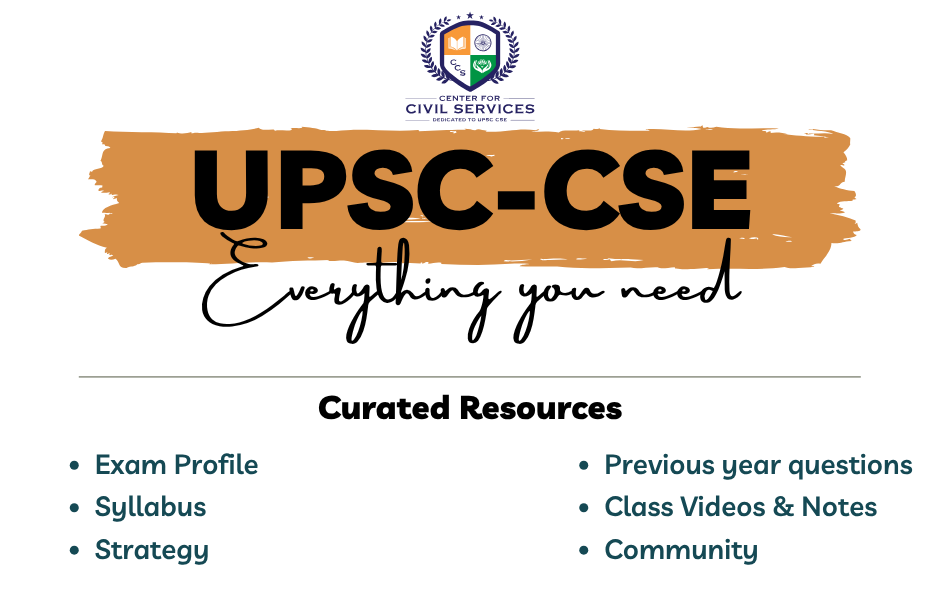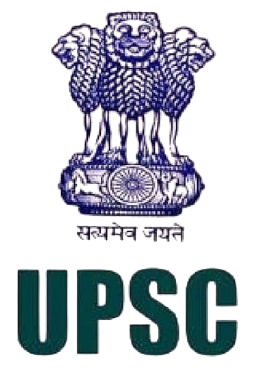Everything you need to crack UPSC-IAS Civil Services Exam
Preparing for the Union Public Service Commission (UPSC) exam in 2026? Whether you’re just beginning or refining your strategy, this central hub page is your ultimate guide. Find everything from UPSC syllabus, Strategy, Study Materials, current affairs, to Coaching Resources—all curated for you








